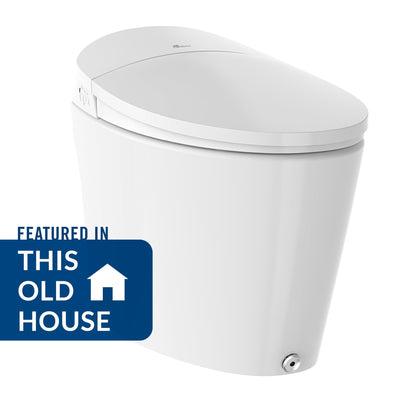Can Stress Really Cause Stomach Pain?
Stress and Stomach Problems: What You Need to Know
Stomach tied in knots? Butterflies in your stomach? Popular idioms refer to the gut as an indication of nerves and stress. Anxiety and stress affect the digestive system in many ways and can be more or less severe in certain individuals.
If your stomach is tied in knots, take a deep breath; here’s how stress affects the digestive system and what you can do about it.
Can Stress Cause Stomach Pain?
Yes, absolutely. The brain and gut are intimately connected, and that close communication is most pronounced – and most painful – when you’re stressed. One of the most primal human instincts is the “flight or fight” response. Also known as the stress response, your body releases several hormones into the blood whenever you feel threatened or in danger.
Elevated levels of noradrenaline, adrenaline, and cortisol cause all the symptoms we associate with being stressed, such as:
- Irritability
- Elevated heart rate
- Sleep problems
- Panic attacks
- Dizziness
- Sweating
- Fatigue, aches, and pains
And those are just the non-digestive systems!
Stress Gut Symptoms – What to Look For
Everyone experiences stress differently and you may exhibit only a few of these symptoms. Still, any combination of digestive health flare-ups requires care and attention.
Keep an eye out for these signs of stomach pain from stress and anxiety:
- Constipation
- Diarrhea
- Heartburn
- Acid reflux
- Bloating and gas
- Sharp, dull, or shooting pain, especially after eating
Chronic stress can lead to more serious digestive health problems, including weight loss, bloody stool, and vomiting. Talk to your healthcare provider if you’re experiencing any of those symptoms.
Related: How to Improve Gastrointestinal Health
Can You Develop a Stomach Ulcer from Stress?
There’s little scientific evidence that shows a direct correlation between elevated stress and ulcers. Also known as peptic or gastric ulcers, ulcers are usually caused by a common gut bacteria called H. pylori. The bacteria are relatively common and only contribute to ulcers when it’s able to penetrate the protective lining of the stomach.
Those protective layers aren’t affected by stress, but they’re worn down by other chemicals that stressed-out folks tend to ingest more of, such as:
- NSAIDs like aspirin and ibuprofen
- Alcohol
- Tobacco
- Processed foods
Stress might increase the risk of developing ulcers, but it’s not a direct cause.
How to Address Chronic Stress for Digestive Health
The key to resolving “stress gut” and all your stress-related discomfort is to tackle the root cause – anxiety and stress. Identify what situations are causing stress and create specific steps to lower your stress response.
It’s not easy; common stressors, like money, relationships, housing, and work, aren’t always under our complete control. Luckily, there are many tried-and-true ways to cope with stress and stop its effects on the body, such as breathing exercises, meditation, and exercise.
You can further take care of your physical health by drinking plenty of water and filling your diet with healthy fruits and vegetables. Avoid sugar and caffeine, as these can make stress symptoms worse.
Bring Health Home with Bio Bidet by Bemis
Stress, stomach problems, mental health; it’s all related. At Bio Bidet, we’re dedicated to making products designed to help you meet your health, wellness, and hygiene goals. From award-winning bidet seats and bidet attachments to touchless faucets, we’re here to help. Find the right product for you with our Bidet Quiz or check out our Buying Guide.





